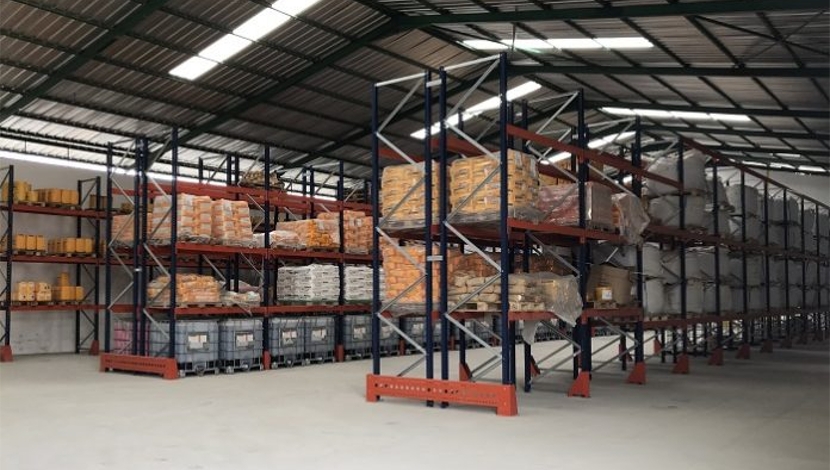
The first detailed study into the potential impact of the implementation of the World Trade Organisation’s (WTO’s) Trade Facilitation Agreement (TFA) has pointed to its potential to increase global merchandise exports by up to $1-trillion a year, with developing countries likely to capture more than half of the available gains.
The TFA, which was agreed on by WTO members in 2013, became the first multilateral trade agreement successfully negotiated at the WTO and sought to ease global trade through the standardisation, streamlining and acceleration of customs processes around the world.
Key findings of the WTO’s flagship World Trade Report, released on Monday, revealed that the agreement had the potential to boost global merchandise exports by between $750-billion and $1-trillion a year, with developing countries’ exports estimated to increase by between $170-billion and $730-billion a year as a result.
Developed economies’ exports were estimated to increase by between $310-billion and $580-billion, while the study found that fuller, faster implementation of the TFA would increase the likelihood of impacts reaching the higher ends of these ranges.
The agreement was also expected to grow world exports by an estimated 2.7% and boost the global gross domestic product by 0.5%.
The TFA was also likely to help developing countries diversify their exports, increasing the number of new products exported by as much as 20%, with least-developed countries (LDCs) likely to see a much larger increase of up to 35%. Developing countries were expected to enter 30% more foreign markets and LDCs a further 60%, the report held.
Full implementation of the TFA could, meanwhile, reduce the trade costs of members by an average of 14.5%, while increasing customs duties and other taxes collected at the border.
WTO director-general Roberto Azevêdo said the report highlighted the importance of implementing the agreement in full and as quickly as possible.





